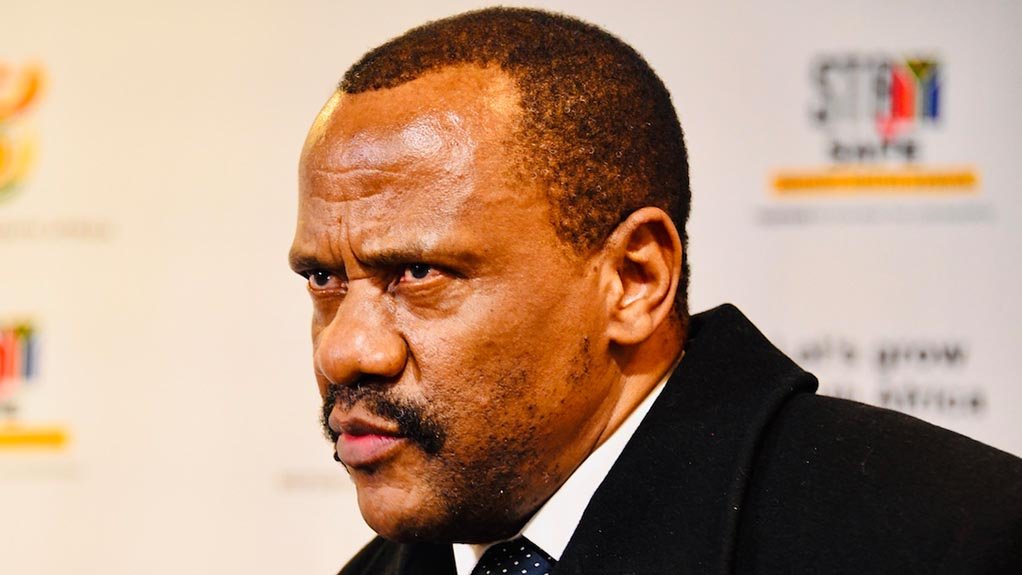South Africa's elite crime-busting agency, the Hawks, functions with half of its required workforce, with only a fraction of staffers dedicated to investigating complex cases.
Despite the severe staff shortages, Hawks boss, advocate Godfrey Lebeya, said the agency soldiered on.
On Friday, the Special Investigating Unit (SIU), the Hawks and National Prosecuting Authority (NPA) briefed the National Assembly's Portfolio Committee on Cooperative Governance and Traditional Affairs on the corruption cases within the local government sphere.
Lebeya said against the fixed establishment of 5 332 staffers they were supposed to have, the Hawks currently functioned with a 49.55% workforce.
This equated to an actual headcount of 2 642, with a deficit of 50.45% (2 690).
"Of this 2 642, only 1 500 are investigating officers. It is worth noting that even though there has been marginal growth, the Hawks is nearly at the same capacity it was when established in 2009/10."
The Directorate for Priority Crime Investigation (DPCI), the proper name for the Hawks, was established to fill the void after the closure of the Directorate for Special Operations, known as the Scorpions, which were accused by the ANC of having a political agenda against former president Jacob Zuma.
Lebeya said, "However, the complexity and sophistication of the cases investigated have, over the years, increased."
"Lastly, as at the third quarter of the 2021/22 financial year, all the cases that the DPCI had on hand was approximately 22 200, and 1 500 investigators. This entails that there is a ratio of one investigator to 15 cases with an estimated average amount involved of R37.3-million; this further adds on to the complexity of a case," he said.
Lebeya also said 121 cases of municipal corruption were under investigation. So far, there were 69 cases in court, and 27 awaiting a decision from the NPA.
Meanwhile, SIU head advocate, Andy Mothibe, said poor management and leadership instability were just some of the issues plaguing South Africa's municipalities.
Other financial malpractices include:
- Procurement irregularities
- Poor record-keeping
- Employment irregularities
- Poor management and leadership instability
- Poor governance
- Poor project management
- No appropriate segregation of duties
- Poor business processes
- Need to strengthen risk management
- Need to improve financial management
- Lack of consequence management
Mothibe also highlighted poor revenue management as a severe problem.
Furthermore, he said disciplinary action could not be recommended against officials because they resigned before the SIU investigation commenced, or during the course of the investigation.
Mothibe also said that the Local Government Anti-Corruption Forum (LGACF) was established to address corruption.
"The purpose of the LGACF is to support the anti-corruption initiatives in local government, including the local government corruption prevention framework. The forum coordinates efforts amongst all law enforcement agencies to ensure that investigative capacity is optimised and outcomes such as criminal prosecutions, civil recoveries, and any administrative actions are well-coordinated," he said.
EMAIL THIS ARTICLE SAVE THIS ARTICLE
To subscribe email subscriptions@creamermedia.co.za or click here
To advertise email advertising@creamermedia.co.za or click here











